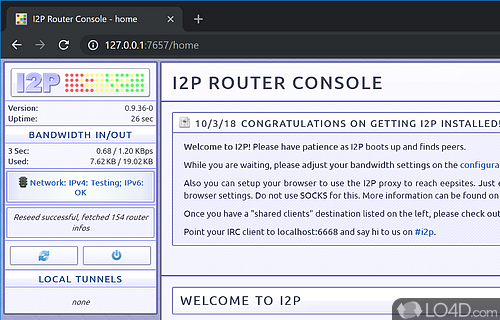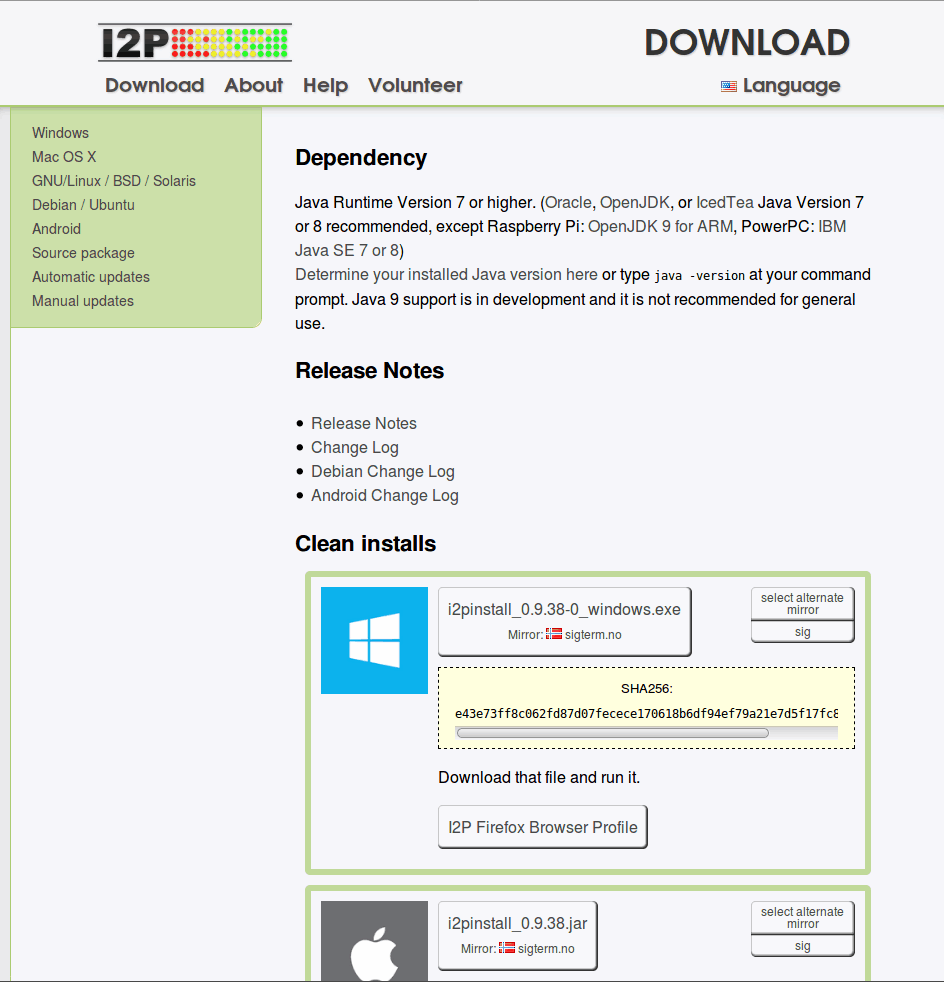

This issue was discovered and fixed internally, by the I2P development team, and is not related to the DDOS attacks. This is a backward-compatible change, so older routers will still be able to use the streaming capabilities of newer routers. This release also adds replay protection to the Streaming subsystem, which prevents an attacker who can capture an encrypted packet from being able to re-use it by sending it to unintended recipients.

The attacks are likely to continue, but the improvements to these systems will help to mitigate the risk of DDOS attacks by helping the router identify and de-prioritize routers that appear malicious. This release includes a changes across the NetDB, Floodfill, and Peer-Selection components which improve the ability of the router to survive DDOS attacks. We have elected to move forward the 2.2.0 release date, which will be occurring today, March 13, 2023. I2P has an application layer with easy to use APIs for creating your own privacy - aware apps. I2P has created transport protocols that resist DPI censorship, and continuously improves its end to end encryption. Because the network relies on peers to route traffic, location blocking is also reduced. Additionally I2P offers resistance to pattern recognition. Traffic inside I2P doesn't interact with the Internet directly, but uses encrypted tunnels between you and your peers, so no one can see where traffic is coming from, where it is going, or what the contents are. I2P hides the server from the user and the user from the server. How does I2P keep my internet use anonymous? Peers donate a portion of their bandwidth to other network participants, which allows the network to function without relying on centralized servers. The I2P network is powered by other people. You can use I2P to connect with people without worry of being tracked or data collection if you are doing sensitive work. The Invisible Internet Project (I2P) is a fully encrypted private network layer that protects your activity and location. In some cases people rely on the network when they need to be discrete or are doing sensitive work. Everyday people use the network to connect with people without worry of being tracked or their data being collected.


 0 kommentar(er)
0 kommentar(er)
